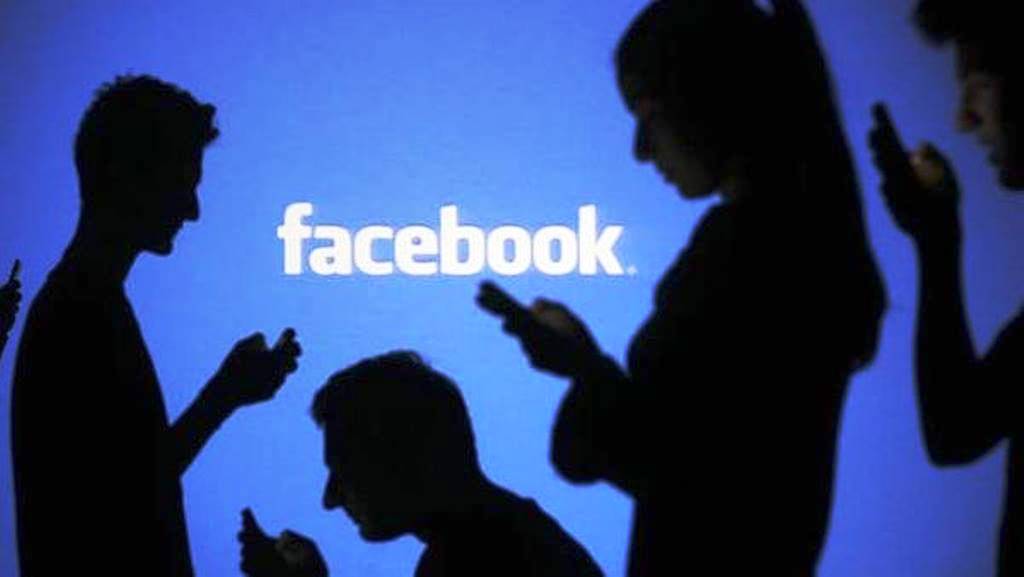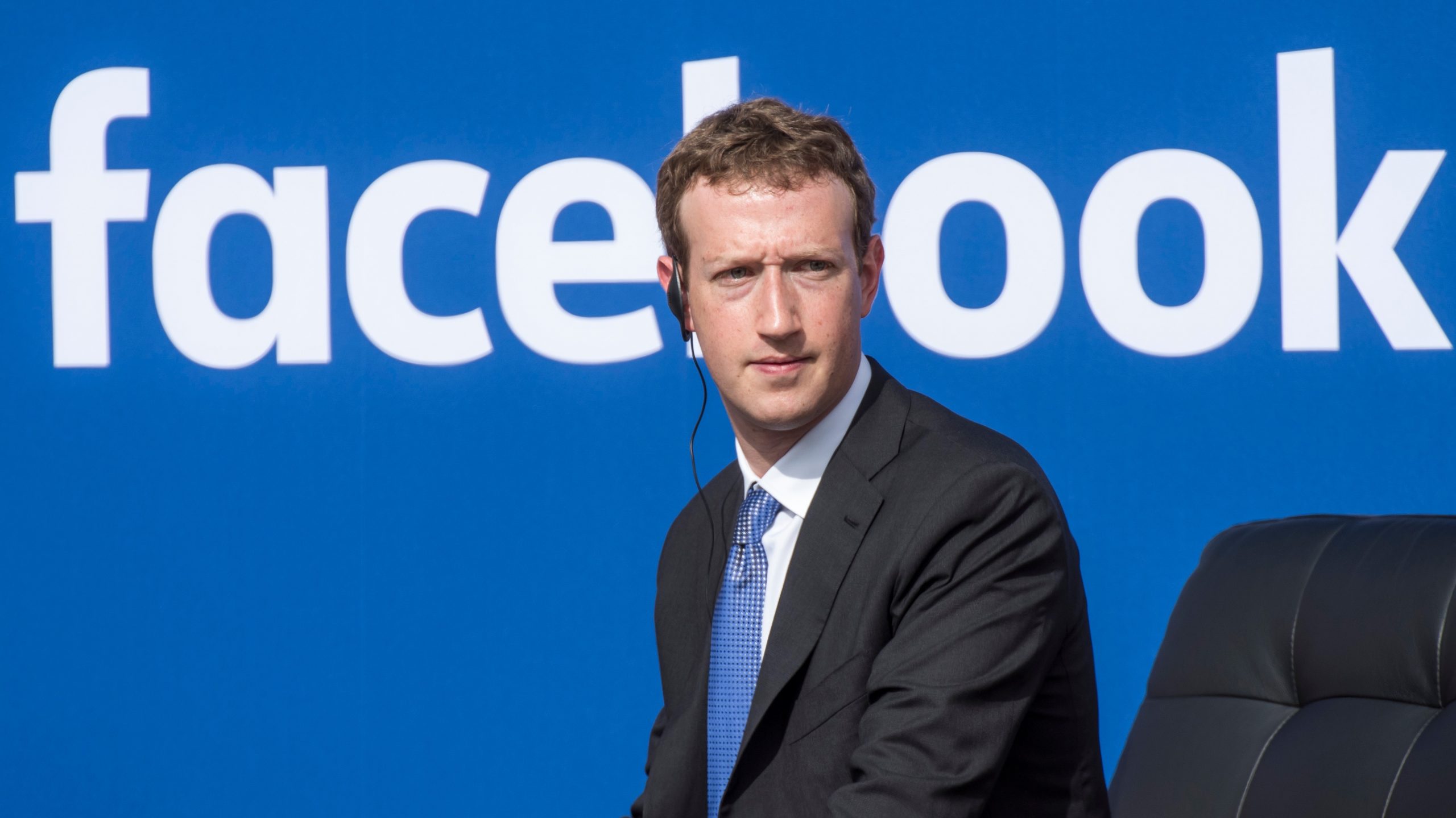Facebook’s Policy Programmes Head in Africa, Sherry Dzinoreva, says the company will intensify its female entrepreneurship training in 10 universities in Nigeria in 2019.
Speaking during the ”SheMeansBusiness” dinner in Lagos, Dzinoreva said that Facebook was collaborating with ”She Leads Africa” to intensify female entrepreneurship training in Nigeria.
She said that training would be intensified through its ”SheMeansBusiness” programme that was launched in Nigeria in 2018.
According to her, the company trained over 4,000 female entrepreneurs in the country in 2018, through the SheMeansBusiness programme.
”We are going to continue to train thousands of women as well this year. Not very different from what we did last year, the only difference this year is that we are going into university as well.
”So we are going to be crossing 10 different universities across the country, as well as continuing to train female entrepreneurs.
”The ideas of the programme is for women to come together to learn how to use digital platforms to grow their businesses, but in doing so, we also have a number of other types of engagements.
”And as they do this, there are opportunities to network and learn how to actually grow their businesses.
”This year, we are bringing financial literacy into the programme as well. it is opportunity to empower and support female business owners and aspiring female business owners,” she said.
Dzinoreva said that there was no specific criteria to engage on the programme, but just the entrepreneurial spirit of women who were either aspiring or existing entrepreneurs.
She said that Facebook felt that there was definitely a need to do something a bit different for the women.
”There is something about creating spaces for women because we know that when women are doing well, their communities are doing well.
”When women are doing well; their families are doing well, businesses, industries are doing well and ultimately, the economy is driving as well.
”So we wanted to create a programme that was exclusively for women who were either one of you or are women who are thinking about opening a business and just need a little bit of inspiration,” Dzinoreva said.
The Director, Public Policy Africa at Facebook, Ebele Okobi, said that there was the need for women to be in charge of their destinies, as it would affect the nation.
Okobi said that Facebook was interested in ensuring that women used its platforms – Facebook, Instagram, and WhatsApp – to create economic independence.
The Co-Founder, She Leads Africa, Afua Osei, said that this was the company’s third year of working with Facebook on a programme to teach, train and support women entrepreneurs.
”And last year, we had the opportunity to work on a programme that was just focused on women, understanding the unique challenges, as well as opportunities for women entrepreneurs.
”We changed more than 4,000 women all across Nigeria. So we are so excited that our training continued to have a serious impact in helping women all across Nigeria.
”This year we are going to drive around in Nigeria, and we are going to get 10 universities all across the country.
”We know that young people are entrepreneurial, they are excited, but they don’t really have that much money. So we are going to teach them how to start getting into businesses with a little cash,
”We are going to bring the training and the expertise to them, so that they can have that experience on their campuses,” Osei said.

